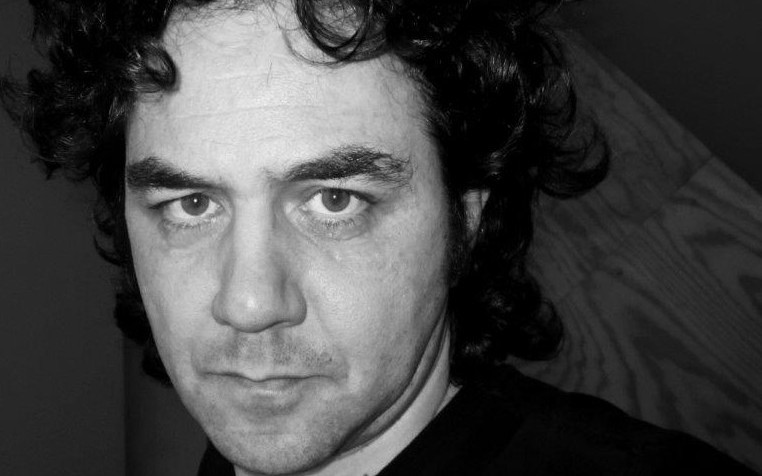Rarely, in the life of a reader does a book appear such as La Fabbrica della Paura. It is not fiction, it is not a reportage but it is all that and much more. For example it is a fresco of an inner landscape, which majestically opens itself to what is happening outside and takes it in. It doesn’t only try to explain it; it is primarily in search before finding peace.
Stefano Valenti has managed, in his first published work to take writing (and his autobiography) from the individual level to the universal one, covering one of the darkest topics of Italian history: cases of deaths on the workplace after exposure to asbestos.
Your story in ten lines
I was born at the bottom of the social ladder, from a father bestowed with a political conscience and artistic will and a mother of great sensitivity. Before moving to Milan I lived with the bare minimum in a valley forgotten by God. Valtellina. After finishing my artistic studies I devoted myself to editorial translations.
What kind of encounters do you have when working?
I’m a fortunate man, while working I meet thoughts, words, stories. These are the encounters of a translator, editorial consultant and writer. The reason for which I ended up choosing this profession.
What does society do for you?
Society defines social incongruences providing the need for the narrative act, the storytelling whereby these incongruences find their role. In this way society makes my existence indispensable.
What do you do for society?
I am a canary. The first coalmines did not have any ventilation system. The miners took a canary in a tiny cage into the new chambers. The canaries, particularly sensitive, revealed the presence of toxic gasses by passing out. That is what I do, I reveal the presence of the toxic elements of living and I point at them in my novels.
Something remarkable, which happened to you recently, besides having won the Campiello Opera Prima 2014 with La Fabbrica del Panico (Feltrinelli, Milano)?
Having met the world after years of solitude and victim to the syndrome of panic attacks. The novel has taken me out of my house, to meet women and men that my previous job as translator did not allow me to meet. And it has also helped contrast my many fears.
A culinary passion?
I’m orthodox in this sense; I love the food from Valtellina. Pizzoccheri, cheese and bresaola, polenta and rye bread.
Which kind of wine?
Red wine, inevitably red.
The music or a book that accompany you.
Nick Cave, PJ Harvey, Thomas Bernhard – everything he wrote.
A talent you have and one you’re missing.
Well, I shouldn’t be saying it myself, but telling a story comes to me easily. It’s less easy assembling a wardrobe or putting up some shelves.
What are your ways for living a “slow” life?
Translating is the slowest way I’m aware of for living.
What have you learnt until now from life?
I’ve learnt that human communities are established to insure the wellbeing of a few individuals to the disadvantage of all the rest. I’ve learnt that social life gives common mortals the meager advantage to be destroyed by ones own kind and not by external rigor. The sciences that dedicate themselves to the study of human societies tell us who abuses whom, with which aim, which consequences, and how this order is maintained generation after generation. This I’ve learnt.
Translation by Paolo Witte
